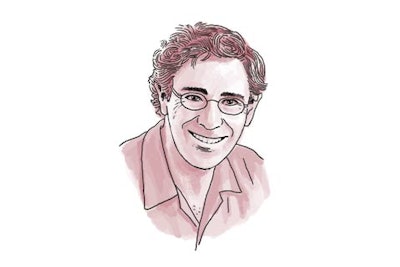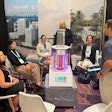
Up until now, event professionals have not had a safe place to try new approaches and to take risks with what we do. We create meetings for our clients—people and organizations with budgets, goals, and expectations—and the consequences of failure at our work can be severe. Such limitations are frustrating for the creative people in our industry. Many of us want to experiment, but when our careers hinge on successful outcomes, we play it safe and, at best, satisfy our creative urges with incremental changes to established designs and procedures.
This is why I think the recent rapid emergence of the EventCamp movement is such a welcome and important development for the event industry. EventCamps are innovative, experimental, low-cost conferences run by volunteer event professionals for event professionals. The first EventCamp was a one-day event in February 2010 in New York. Longer events followed in 2010 in Minneapolis and Philadelphia, and this year has seen EventCamps held or planned in Chicago, Minneapolis, London, Washington, D.C., and Vancouver. (I have attended them all, though my London participation was restricted to the remote stream.)
Each EventCamp’s design is determined solely by the organizers and reflects their interests and focus. As a result, no two events are alike. Each attracts a different mix of local and national participants.
Not only are EventCamps a place for event professionals of all stripes and specialties to meet and mingle, but they have also provided opportunities for the organizers and participants to explore the use of new technologies and meeting formats, without worrying about the consequences.
For example, the event community’s current intense interest in hybrid event technologies and how to implement them effectively has led to experiments at the Minnesota and Europe EventCamps. They explored integrating low-cost technologies, such as Skype and Google+ Hangouts, with existing proprietary solutions, as well as how to best use virtual M.C.s to moderate the remote audience experience. Another arena, explored in every EventCamp to date, is the employment of new session designs that maximize learning and attendee connection through the adoption of participation techniques, short presentation formats, and plentiful small group discussions. Finally, the connections made at EventCamps have proved invaluable to those who attend, facilitating the growth of a vibrant network of event professionals interested in innovation and experimentation in our industry.
A harsh reality is that we learn more from failure than success, and each EventCamp provides a unique opportunity to try new things and see what works and what doesn’t. As a result, every event professional will ultimately benefit from the lessons learned from EventCamps, irrespective of whether they ever attend one.
Segar is president of Marlboro, Vermont-based Conferences That Work, a company that designs and organizes participant-driven peer conferences. @ASegar



















